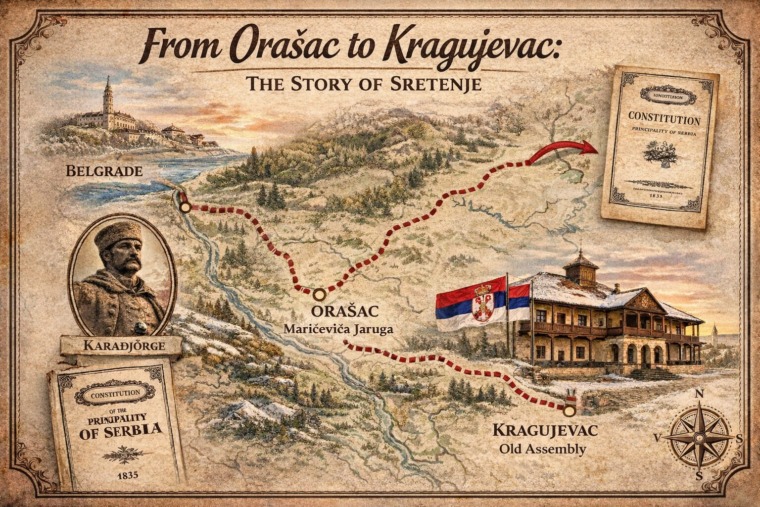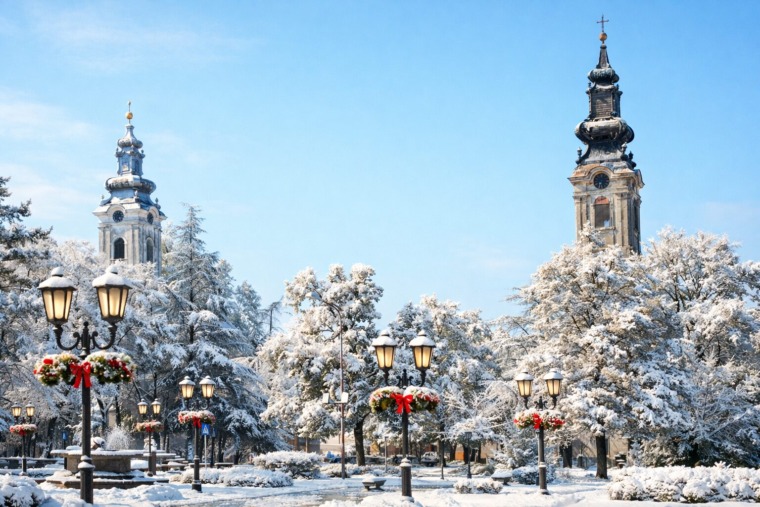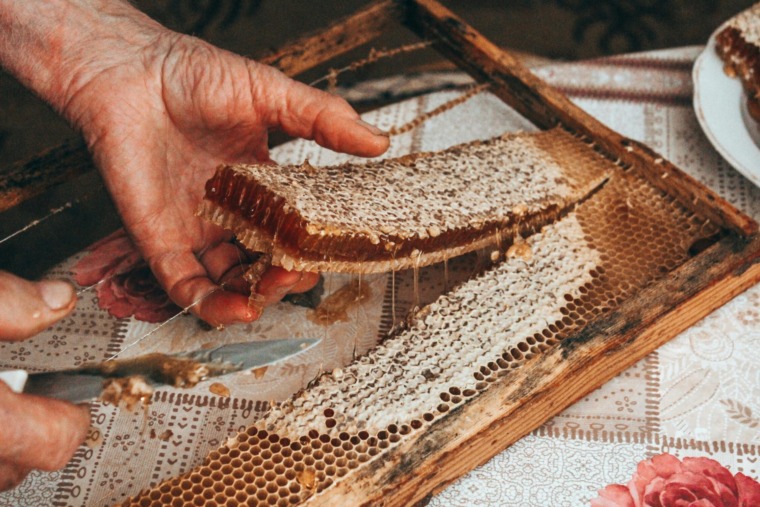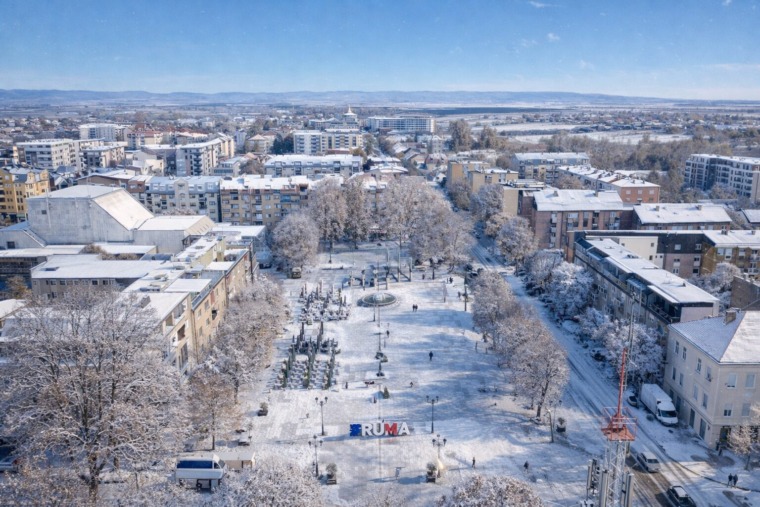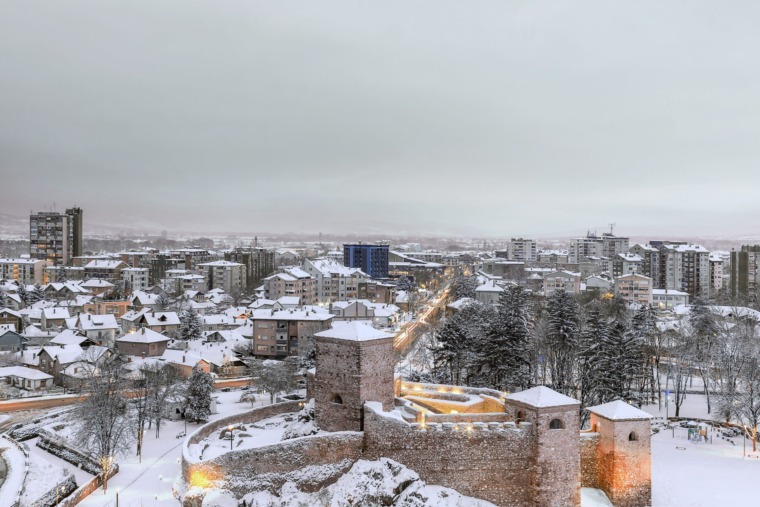
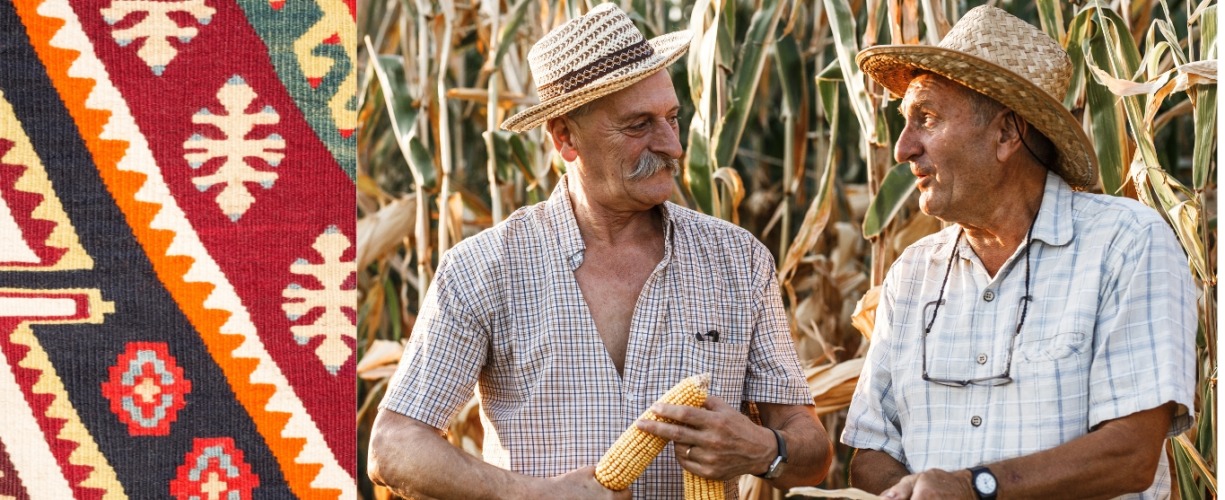
In Serbia, the front yard, the building entrance, or the shaded corner of a street often becomes an open-air living room. Plastic chairs, small wooden stools, or simple benches are enough to create a social hub where neighbors and passers-by are welcomed. Whether in a small village or a bustling city, this is a ritual that has survived decades, adapting to modern life while keeping its old charm.
Here, people gather after work, on lazy summer afternoons, or during warm evenings. The ritual isn’t just about relaxation—it’s about connection. In front of houses and buildings, life unfolds naturally: children play nearby, neighbors exchange news, and strangers might leave as friends.
Coffee as a Key Ingredient
The drink that most often accompanies this tradition is domaća kafa—also known as Turkish or Serbian coffee. Brewed slowly in a small pot called a džezva and poured into small cups, it’s a symbol of hospitality and togetherness. Coffee here is not rushed; it is enjoyed sip by sip, with conversations flowing as freely as the aroma from the cup.
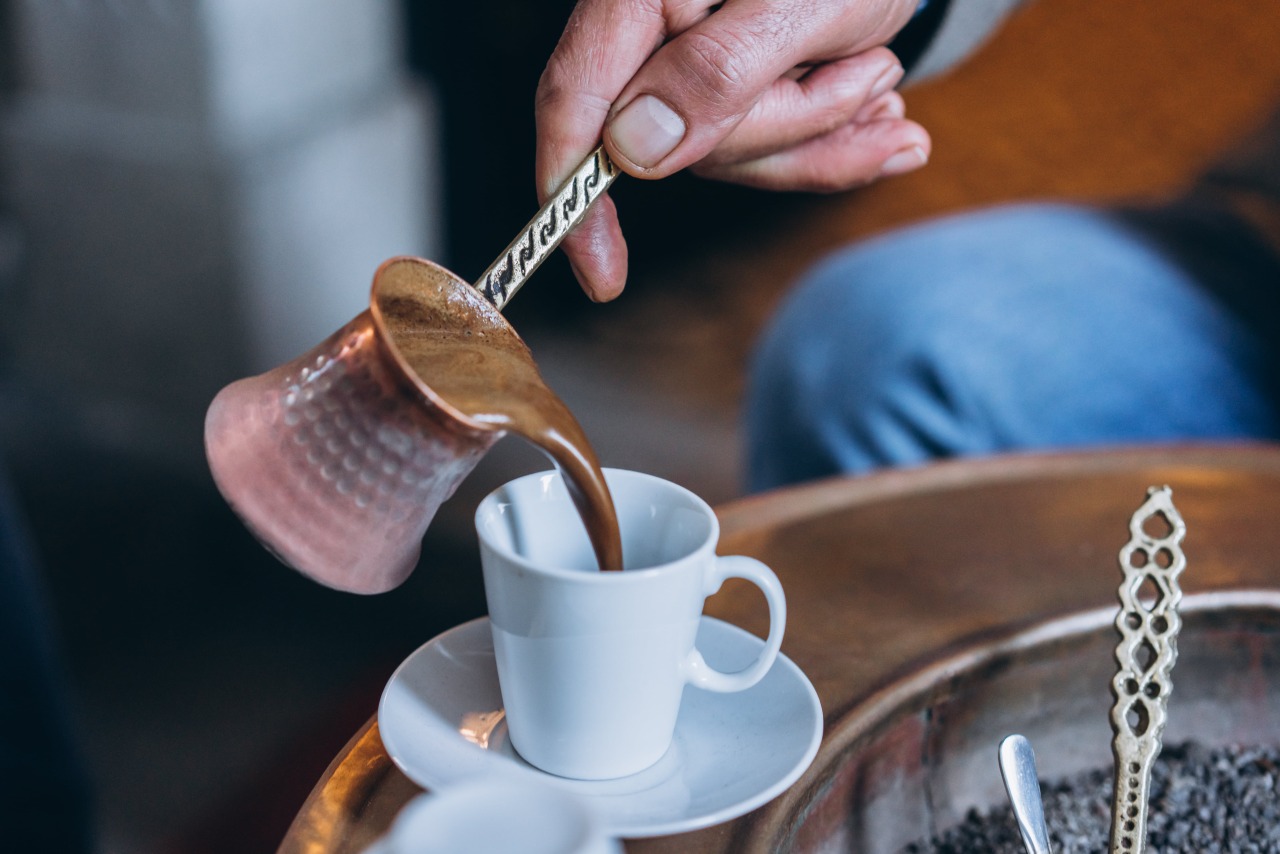
Often, alongside coffee, there’s a plate of homemade cookies, a few pieces of ratluk (Turkish delight), or even fresh fruit from someone’s garden. This combination turns a simple front porch into a warm, welcoming place that represents the Serbian spirit.
A Tradition Rooted in Community
In the past, before the age of smartphones and television, sitting in front of the house was the main source of news and entertainment. It was where people discussed daily events, shared joys and worries, and offered help when needed. For many, it was also a way to watch over the neighborhood, ensuring everyone felt safe and looked after.
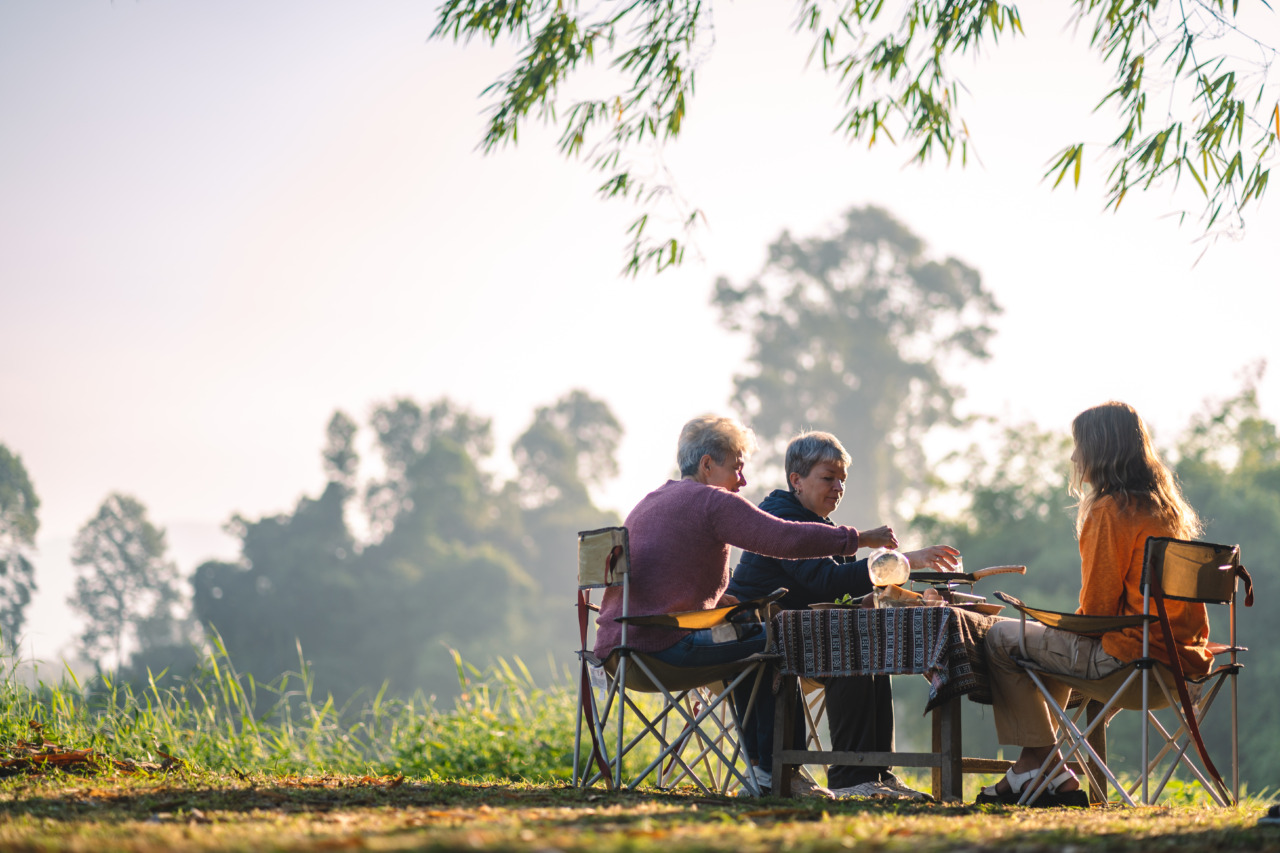
Even today, in villages and small towns, this tradition remains strong. In cities, it may have changed form, moving from front yards to balconies or local cafés, but the essence is the same: being together matters.
The Warmth of Serbian Togetherness
What makes this habit special is the openness and warmth with which people welcome each other. You might be invited for coffee by someone you barely know, and by the end of the conversation, you’ll feel like you’ve been friends for years.
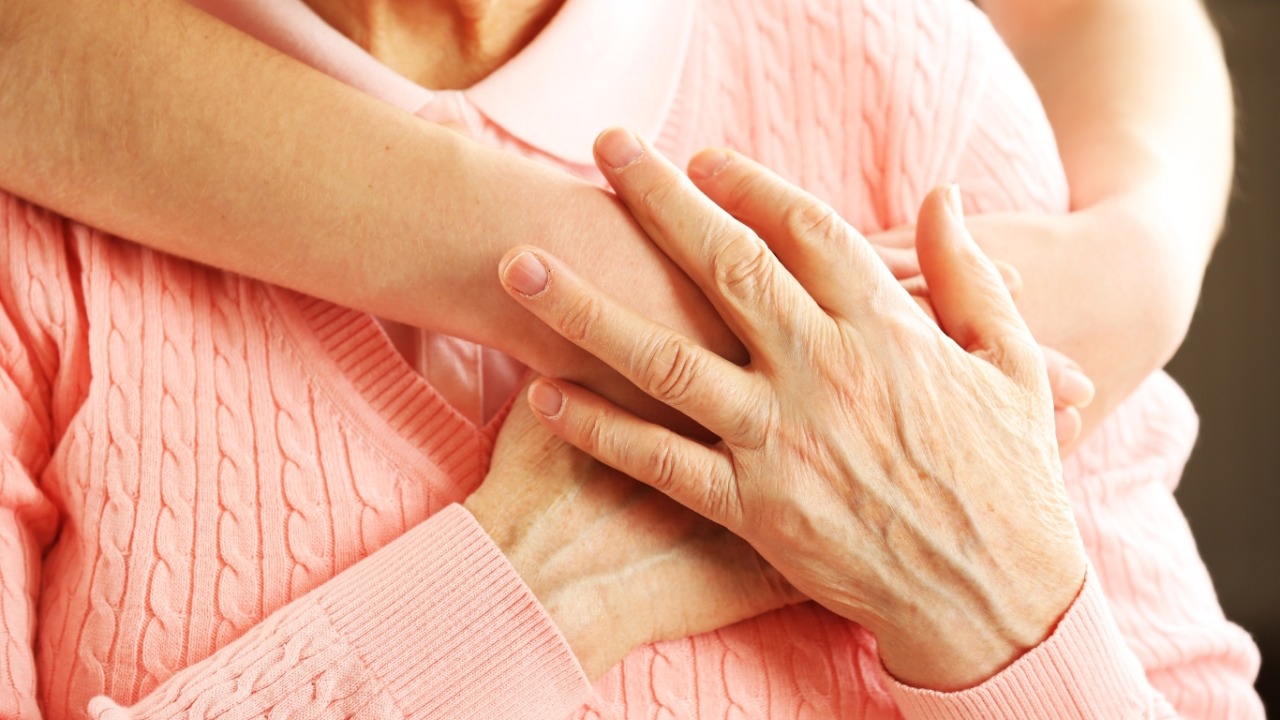
This everyday ritual is more than just sitting outside—it’s a quiet act of preserving community spirit in a world that often feels rushed and disconnected. In Serbia, these small gatherings show that friendship and hospitality are not reserved for special occasions; they are part of daily life.

